Copyright, royalties and piracy in the Eritrean music industry
Lack of effective copyright regulatory bodies and a relatively new copyright protection scheme means that Eritrean artists have not been able to earn revenues from their craft. This text highlights copyright development as well as music piracy as it relates to the Eritrean music industry.
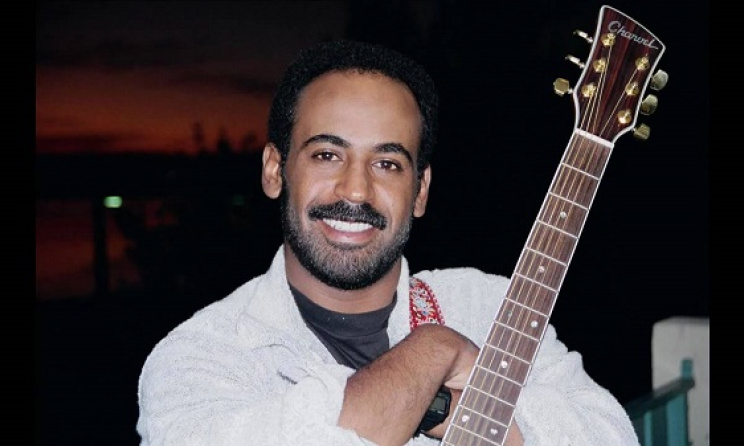 Eritrean artist Abraham Afeweki.
Eritrean artist Abraham Afeweki.
Copyright
As of January 2017, Eritrea was not party to any of the four major international treaties related to copyright: the Berne Convention, the Universal Copyright Convention (UCC), the Trade Related Aspects of Intellectual Property Rights (TRIPS) and the World Intellectual Property Organization Copyright Treaty (WCT).
Eritrea’s domestic legislation covers copyright in a basic manner. This has made it difficult for Eritrean artists to protect their works, particularly internationally. Since the 1990s, there have been cases of artists based in Ethiopia reproducing or creating derivative works of Eritrean artists without any consequences for the blatant infringement. An exception to this case is the action taken by YouTube to remove the single ‘Fiyameta’, by prominent Ethiopian artist Jacky Gosee, which was said to be infringing on the intellectual property of the late Eritrean artist, Abraham Afeweki. However, many similar cases have not been properly dealt with.[i]
In 2015 Eritrea introduced the 2015 Penal Code, which brought tougher penalties for copyright violation. However the major flaw of this legislation is that there are not adequate provisions to deal with online intellectual property infringements. Where cases are reported and there is evidence of copyright infringement, the Penal Code prescribes punishment of one to three years of imprisonment. Similarly, although less specific than the new Penal Code (2015), the old Transitional Penal Code of Eritrea provided for imprisonment or, crucially, a fine for infringement of copyright.
Piracy
Music piracy (i.e. the unauthorized use or reproduction of another's musical work and/or composition) is rampant in Eritrea. Piracy affects both domestically produced Eritrean music (various genres as well as languages), non-domestically produced Eritrean music (Eritrean music originating and/or first published abroad, generally for consumption by the large Eritrean Diaspora), and non-Eritrean music, especially, American hip-hop.
Enforcement within the Eritrean Court system is rare. Regionally, piracy of Eritrean music is common in Ethiopia. Eritrean songs are in high demand in many parts of Ethiopia. Media reports in the past have indicated that a significant percentage of songs played at clubs in some parts of Ethiopia are by Eritrean artists. Many Eritrean artists are unable to control the dissemination of their works in Ethiopia or to receive decent revenue for their works.
Royalties
Copyright royalty regimes for copyrighted works in Eritrea are currently rarely used and are conducted between private parties. During the early days of independence, publishing contracts were concluded on pure royalty basis whereby a publisher agrees to pay a singer a percentage of the income.”[ii] Today, most artists self-publish their works with back-ups in the form of separate royalty agreements. This is becoming the norm with the rise of digital distribution methods. Although new works may be distributed by the artist, older works and works deriving from older works are subject to an unclear copyright regime.
The two largest entities holding copyrights in Eritrea include the Government of Eritrea (GoE) and the People’s Front for Democracy and Justice (PFDJ), neither of which has a published copyright royalty policy.[iii] This is particularly evident with respect to the copyrighted works created by members of the EPLF (Eritrean People’s Liberation Front; the EPLF was the predecessor to the PFDJ, which successfully liberated Eritrea from Ethiopian occupation in 1991) in which the PFDJ has argued it bears joint ownership with the individual authors.[iv] These contentions have not been litigated in the Eritrean Court system, and therefore it is unknown whether or not copyright royalties will be due.
It is clear that Eritrea has built a foundation of copyright related domestic legislation, but has not yet acceded to multilateral treaties related to copyright protection. Without these treaty protections, copyright authors face limited copyright enforcement options. The royalty market remains under-developed and ripe for exploitation. The cost of piracy remains unknown without determined enforcement.
[i] http://www.madote.com/2014/04/whats-motivating-ethiopian-singers-to.html
[ii] Awet Tewelde, Challenges in the Copyright Protection of Musical Works: Eritrean Context (2016), p. 21-22
[iii] The GoE is limited in exercising copyright rights with respect to “Official texts of a legislative, administrative or judicial nature …” due to Civil Code (2015) Article 1161.
[iv] Taddesse, Tesfaldet; Copyright Ownership of Works of the Mind Produced During the Eritrean Armed Struggle for Independence, p. 33
























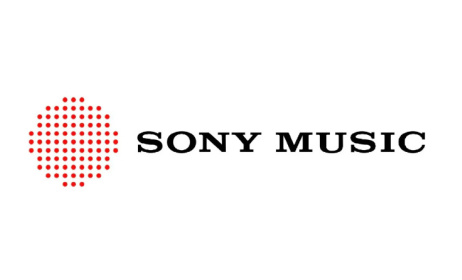
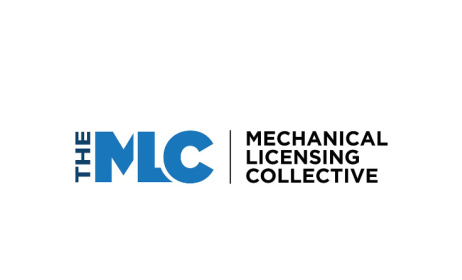

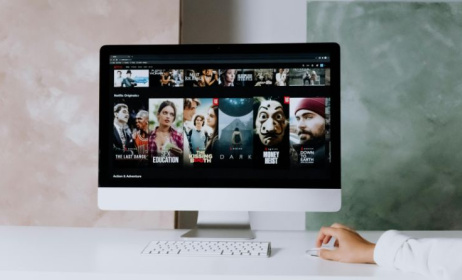

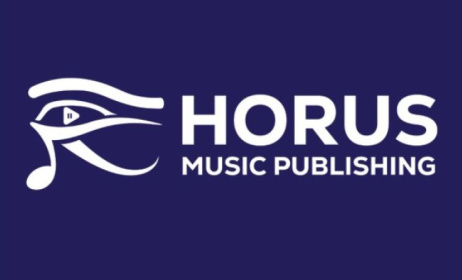
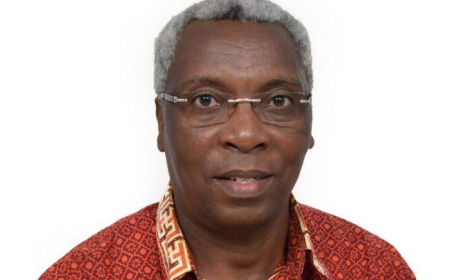
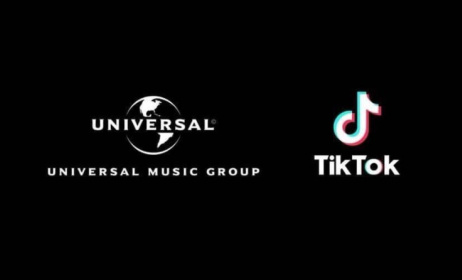

Comments
Log in or register to post comments